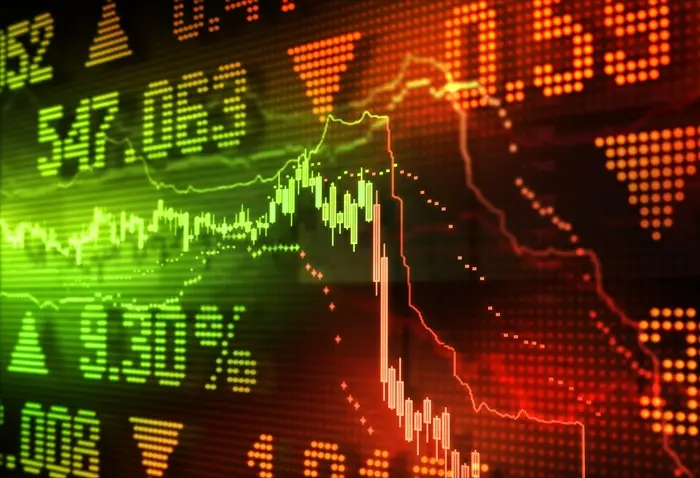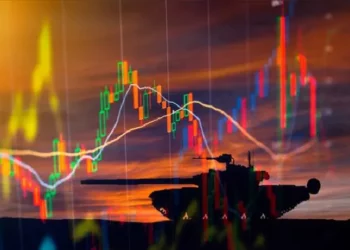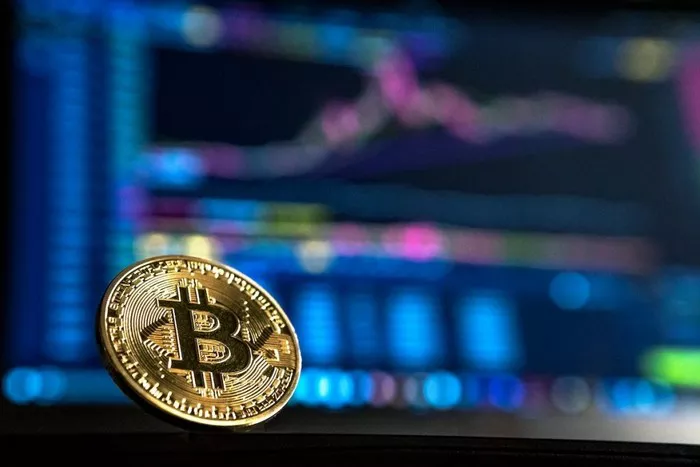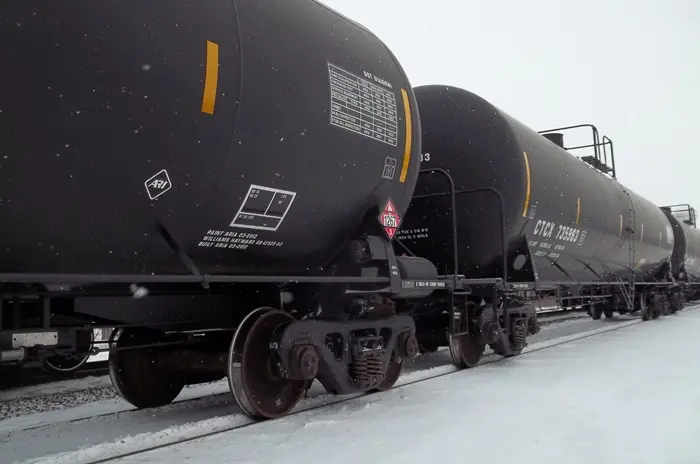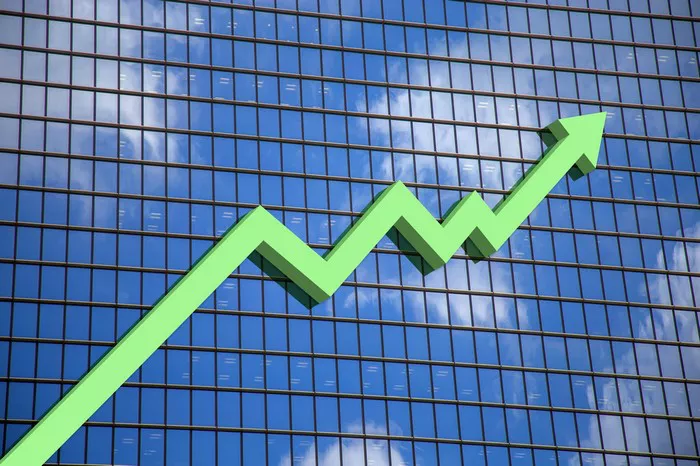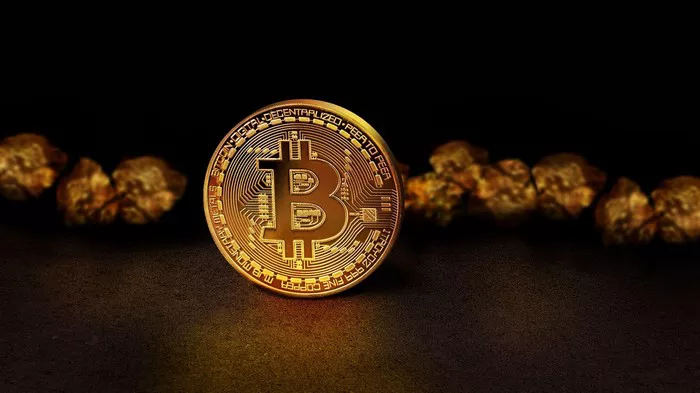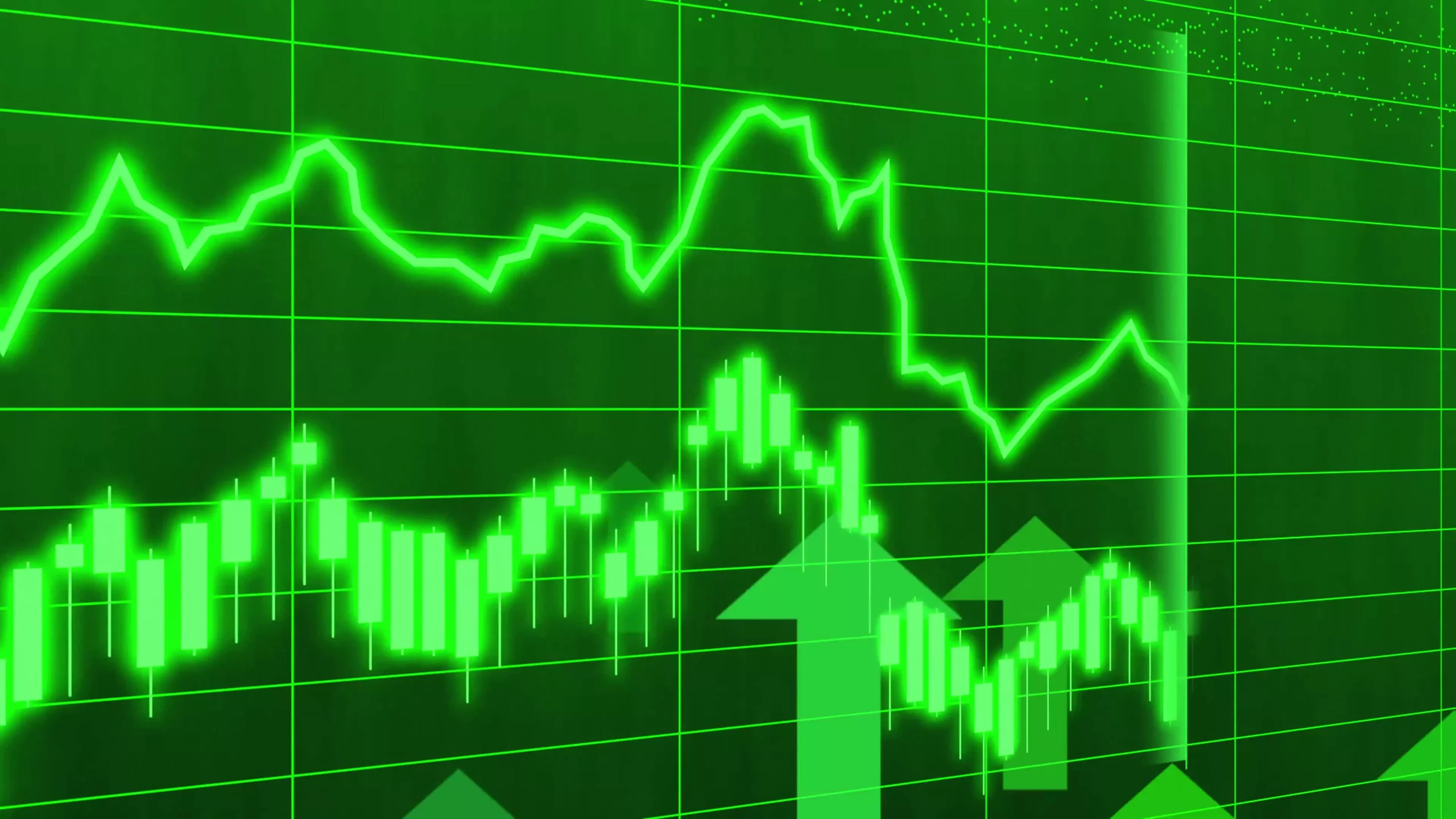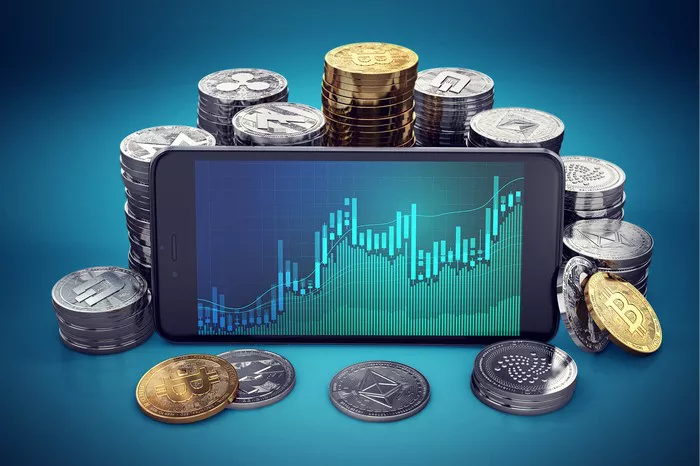BANGKOK (AP) — Asian stocks plunged Monday after President Donald Trump’s tariff hikes and Beijing’s backlash led to a Wall Street meltdown Friday.
U.S. futures also pointed to further weakness. S&P 500 futures fell 4.2% and Dow Jones Industrial Average futures fell 3.5%. Nasdaq futures fell 5.3%.
Tokyo’s Nikkei 225 fell nearly 8% shortly after the opening bell. An hour later, the index was down 7.1% at 31,375.71.
South Korea’s Kospi fell 5.5% to 2,328.52 and Australia’s S&P/ASX 200 dropped 6.3% to 7,184.70.
Oil prices fell further, with the U.S. benchmark crude falling 4%, or $2.50, to $59.49 a barrel. Brent crude, the international benchmark, fell $2.25 to $63.33 a barrel.
Currencies also saw wild swings.
The dollar fell against the yen to 145.98 yen from 146.94 yen. The yen is often seen as a safe haven in times of turmoil. The euro rose to $1.0967 from $1.0962.
Wall Street’s worst crisis since the coronavirus pandemic escalated further on Friday. The S&P 500 plunged 6% and the Dow Jones Industrial Average plunged 5.5%. The Nasdaq Composite fell 5.8%.
Last week, China responded to President Trump’s announcement of a sharp increase in tariffs, raising the risk of a trade war that could eventually lead to a recession that hurts everyone. Even a better-than-expected U.S. job market report, typically a monthly economic highlight, was not enough to stop the slide.
So far, there have been few winners from the trade war for financial markets. All but 14 of the 500 companies in the S&P 500 fell on Friday.
China’s response to U.S. tariffs immediately accelerated losses in global markets. Beijing’s Ministry of Commerce said China would respond to U.S. tariffs on Chinese imports by slapping 34% tariffs on all U.S. imports starting April 10, among other measures.
The U.S. and China are the world’s two largest economies
The central question looking ahead: Will the trade war lead to a global recession? If so, stock prices may need to fall much more than they have now. The S&P 500 is down 17.4% from its record set in February.
Trump doesn’t seem worried. He headed to his golf course a few miles from Mar-a-Lago, his private club in Florida, after writing on social media: “This is a great time to get rich.”
The Federal Reserve could cushion the blow to the economy from tariffs by cutting interest rates, which would encourage businesses and households to borrow and spend. But the Fed may have less freedom to act than it would like.
Federal Reserve Chairman Jerome Powell said Friday that tariffs could push up inflation expectations, while lower interest rates could further exacerbate price increases.
“Our obligation is to keep longer-term inflation expectations stable and to make sure that one-time price increases don’t become a persistent inflation problem,” Powell said.
A lot depends on how long Trump’s tariffs last and what kind of retaliatory measures other countries take. Some on Wall Street remain hopeful that Trump will roll back tariffs after getting “benefits” from other countries in negotiations.
Trump said Americans may feel “some pain” because of the tariffs, but he also said long-term goals, including bringing more manufacturing jobs back to the United States, are worth it.
On Wall Street, stocks of companies with large operations in China fell the most.
DuPont shares fell 12.7% after China said regulators were opening an antitrust investigation into DuPont China Group, a subsidiary of the chemical giant. It was one of several measures against U.S. companies in retaliation for U.S. tariffs.
GE Healthcare generated 12% of its revenue in China last year, a figure that has fallen 16% this year.
In the bond market, Treasury yields fell, but the decline narrowed after Powell made a cautious inflation statement. The 10-year Treasury yield fell to 4.01% from 4.06% on Thursday evening, and was around 4.80% at the beginning of this year. In the morning, the yield fell below 3.90%.
Related topics:

